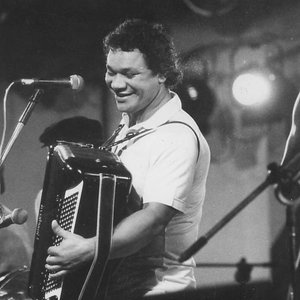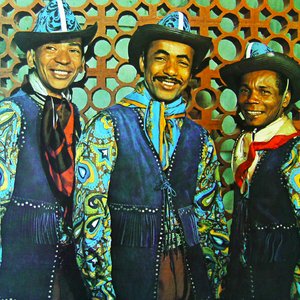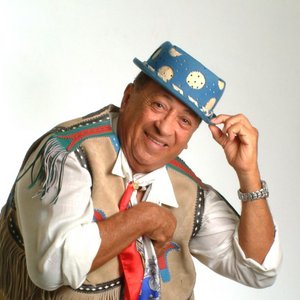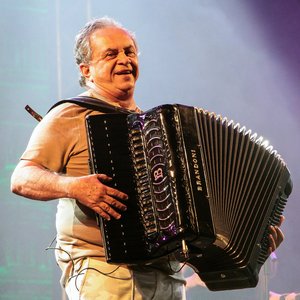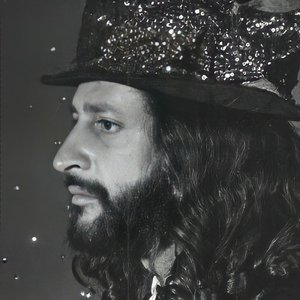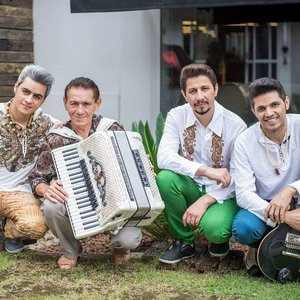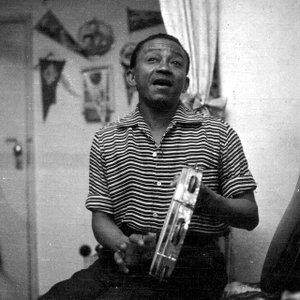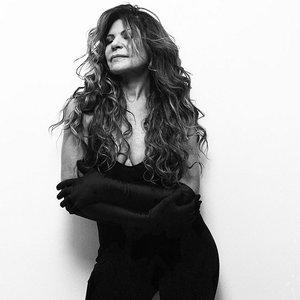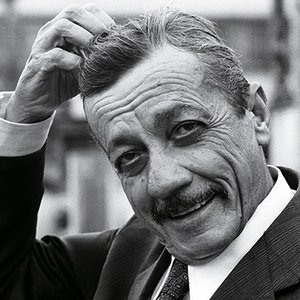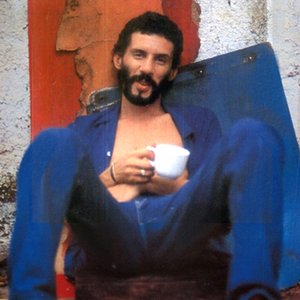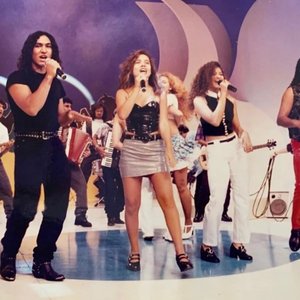Biography
-
Born
13 December 1912
-
Born In
Pernambuco, Brazil
-
Died
2 August 1989 (aged 76)
Luiz Gonzaga do Nascimento (Exu, Pernambuco, December 13, 1912 — Recife, Pernambuco, August 2, 1989) was a prominent Brazilian folk singer, songwriter, musician and poet. Born in the countryside of Pernambuco, he is considered to be responsible for the promotion of Northeastern ("nordeste") music throughout the rest of the country. He is also known as the "king of baiao" and "Gonzagão".
The son of a peasant and accordion player, he was attracted to the 8-bass accordion at an early age, although he started out by accompanying his father by playing the zabumba (a type of bass drum) and singing at parties and religious celebrations. He left home in 1930 to join the army, and toured Brazil with an army band until 1939. Gonzaga decided to remain in Rio de Janeiro with a recently purchased accordion. He performed in the streets and in bars, playing boleros, waltzes and tangos.
After noticing that the Northeastern immigrants missed the music from their hometowns, he started to give listeners the sort of music they craved to hear: xaxados, baiões, chamegos and cocos. At Ary Barroso’s talent show, Luiz Gonzaga played his chamego "Vira e Mexe" and was acclaimed by the audience and by the dreaded host, who gave him the highest score.
In 1943, he dressed up in typical Northeastern costumes for the first time to perform live, and got hyped. Later on, as well as playing popular tunes on the accordion, he began to sing his own material, and his skills as a songwriter were revealed.
Gonzaga's son, Luiz Gonzaga do Nascimento Júnior, known as Gonzaguinha, born 1945, was also a noted Brazilian singer and composer.
His greatest hit ever, "Asa Branca" (written with Humberto Teixeira), was recorded in 1947 and was covered countless times by many different artists. He worked on the radio until 1954, enjoying huge popularity. He is widely recognized for singlehandedly taking the baião style and the accordion to a wide audience. For a time RCA (now BMG), his recording label, was almost exclusively dedicated to printing his singles and albums. During the 60's, as the public taste shifted to bossa nova and iê-iê-iê, he found himself increasingly stranded from big city stages, so he toured the countryside, where his popularity never abated.
In the 70s and 80s, he slowly re-emerged, partly due to covers of his songs by famous artists like Geraldo Vandré, Caetano Veloso, Gilberto Gil, his son Gonzaguinha and Milton Nascimento. Some of his greatest hits are "Vozes da Seca" ("Voices From Drought"), "Algodão" ("Cotton"), "A Dança da Moda" ("The Dance In Fashion"), "ABC do Sertão" ("The ABC of Sertão"), "Derramaro o Gai" ("They Spilt the Gas"), "A Letra I" ("The 'i' letter"), "Imbalança" ("Shake It"), "A Volta da Asa-Branca" ("The Return Of The Picazuro Pigeon"), "Cintura Fina" ("Slender Waist"), "O Xote das Meninas" ("The Girls' Schottische", written with Zé Dantas, and "Juazeiro", "Paraíba", "Mangaratiba", "Baião-de-Dois", "No Meu Pé de Serra" ("There In My Homeland"), "Assum Preto" ("Blue-back Grassquit"), "Légua Tirana" ("Tyrannical league"), "Qui Nem Jiló" ("Like Solanum gilo", written with Humberto Teixeira. Other successful collaborations resulted in "Tá Bom Demais" ("It's Very Good") (with Onildo de Almeida), "Danado de Bom" ("Very Good") (with João Silva), "Dezessete e Setecentos" ("Seventeen And Seven hundred") and "Cortando o Pano" ("Cutting Cloth") (both with Miguel Lima).
Gonzaga died of natural causes at the age of 76.
Artist descriptions on Last.fm are editable by everyone. Feel free to contribute!
All user-contributed text on this page is available under the Creative Commons Attribution-ShareAlike License; additional terms may apply.

